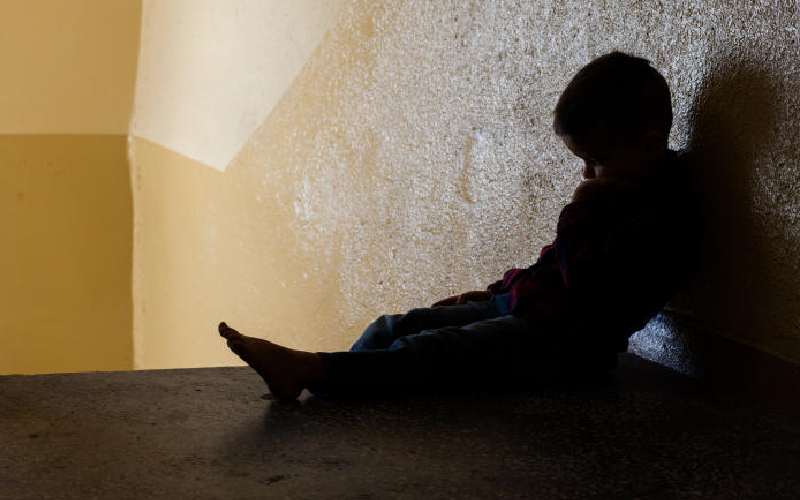×
The Standard e-Paper
Join Thousands Daily

As the continent commemorates the Day of the African Child (DAC) today, a huge population of Kenya's children is still plagued with disease, poverty, abuse, and neglect.